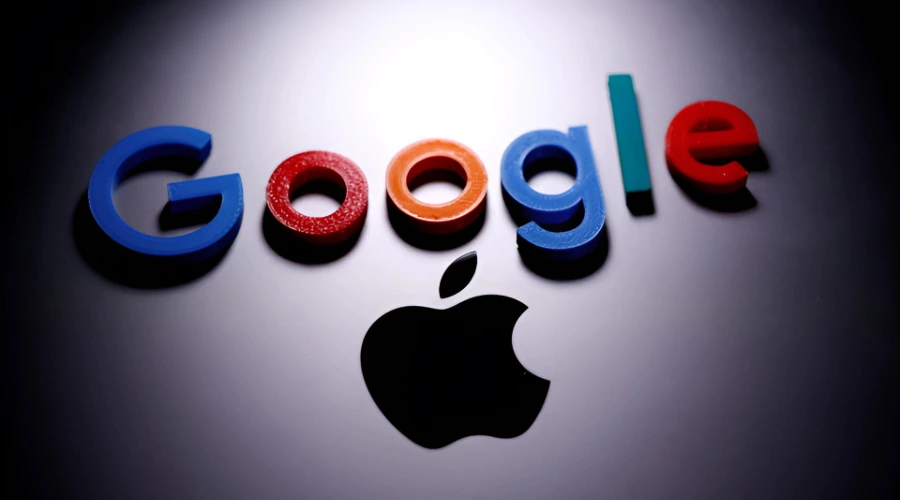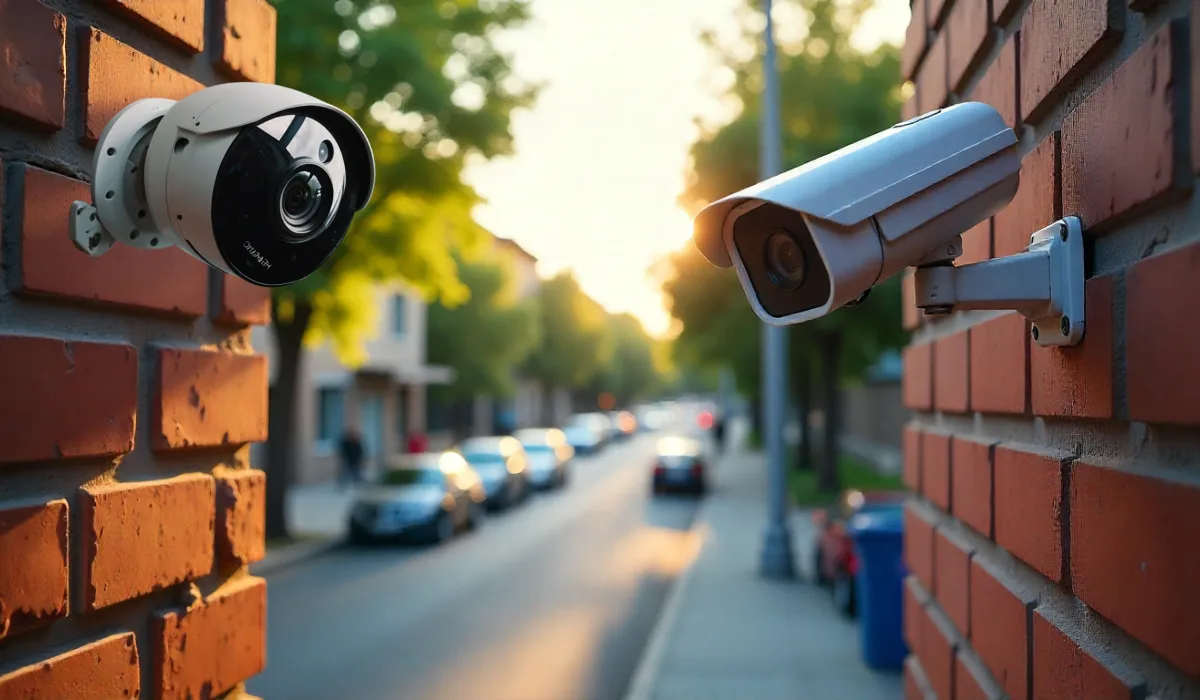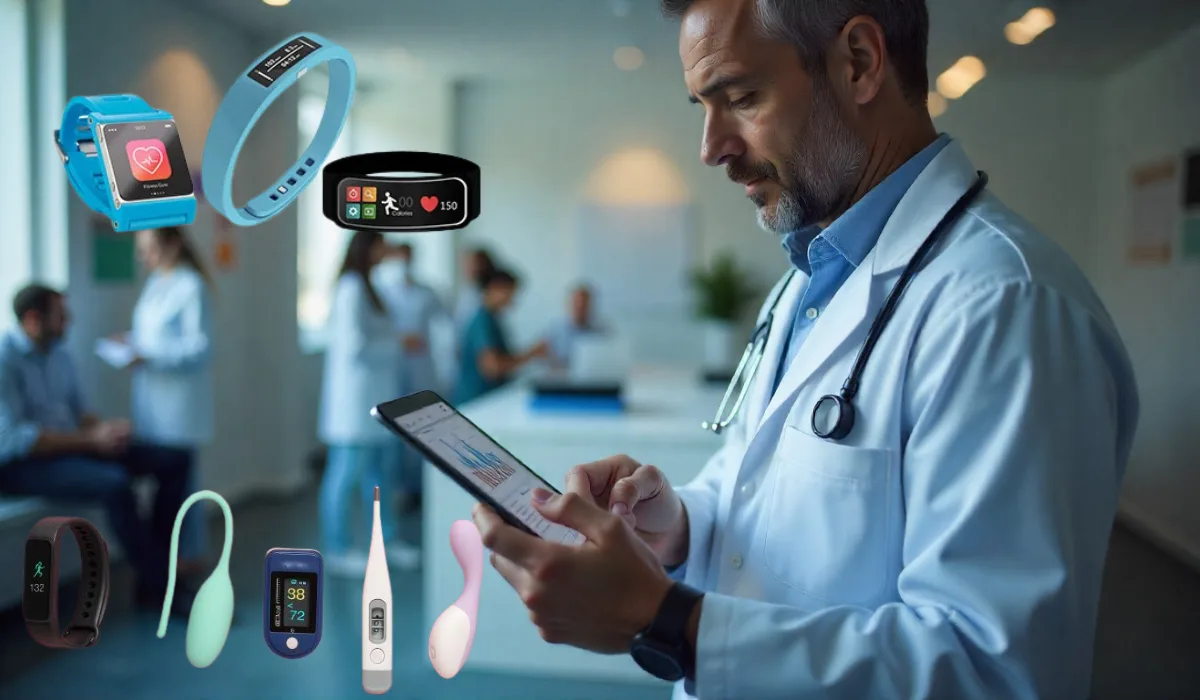India Government has issued a high-security warning for iPhone, iPad, and Android users, warning them of a potential bug identified in the operating system that threatens to put millions of gadgets at risk. The Indian Computer Emergency Response Team (ICERT) of the Ministry of Electronics and Information Technology reported vulnerabilities in iOS, iPadOS, and Android 13, 14, and 15 operating systems.
Apple And Google Issued Security Updates
The Risks are Real
If your device is infected by the bug, you might be in for a whole world of trouble. Some dangerous apps can mess up your device, making it useless and hampering your ability to use it. For Android devices, hackers have the opportunity to use the vulnerability to take over your device and steal your private data. This can lead to identity theft, financial loss, and other critical problems.
Who is at Risk?
CERT-In indicates the following devices are at risk:
- iPhone XS and later models using old versions of iOS lower than version 18.3
- 12.9-inch second-generation iPad Pro, 10.5-inch iPad Pro, and 6th-generation iPad models using older versions lower than iPadOS 17.7.3
- 13-inch iPad Pro, 12.9-inch third generation and older, 11-inch iPad Pro first generation and older, iPad Air third generation and older, iPad 7th generation and older, and iPad mini 5th generation and below running software lower than iPadOS 18.3
Protect Yourself
To prevent hackers and scammers from taking advantage of the vulnerability, it's essential to take immediate action. Here are some things you can do:
- Install the security updates provided by Apple for iOS and iPadOS
- Download applications only from the official Apple App Store and Google Play Store
- Refrain from downloading apps from third-party sites using APK files
- Update your device software so you get the latest security patches
The Importance of Security Updates
Apple has issued security updates to cover the vulnerabilities discovered in iOS and iPadOS. The updates are meant to close the security gaps and stop hackers from taking advantage of them. By applying the updates, you can keep your device safe from possible threats.
Best Practices for Device Security
In order to stay safe, there is a need to follow best device security practices.
- Taking care when installing apps and installing only from recognized sources
- Having your device software updated
- Employing robust passwords and two-factor verification
- Noticing phishing cons and other cyber dangers
Safeguard yourself against possible threats
The recent revelation of vulnerabilities in iOS, iPadOS, and Android operating systems is a reminder of the need for device security. Taking prompt action and following best practices, you can safeguard yourself against possible threats and keep your device secure.
Apple iOS
By releasing two distinct updates in March, Apple compensated for a quiet February. Beginning of the month, the iPhone manufacturer published iOS 17.4 correcting more than 40 errors including two ones already in use in actual assaults. Tracked as CVE-2024-23225, the first flaw in the iPhone Kernel might let an attacker circumvent memory safeguards. The iPhone manufacturer stated on its support page, "Apple is aware of a report that this problem may have been exploited.
Google Chrome
Google had another busy month in March fixing many Chrome browser vulnerabilities. Google published 12 fixes mid-month, including one for CVE-2024-2625, a high-severity object-lifecycle problem in V8. Medium-severity problems are CVE-2024-2626, a far read bug in Swiftshader; CVE-2024-2627, a use-after-free danger in Canvas; and CVE-2024-2628, an unsuitable implementation problem in Downloads.
Conclusion on Apple And Google Issued Security Updates
The latest security patches from Apple and Google highlight the vital need of always alert in the always changing online world. Both companies have reacted quickly to repair flaws that may be exploited by hostile forces. Apart from tackling current problems, these upgrades improve general system stability and user security. Users are highly advised to maintain their gadgets current often as online assaults becoming more complex. Maintaining privacy, security, and best performance depends on prompt installation of these updates whether you use an iPhone, Android cell phone, or other related platform.
FAQ's: Apple And Google Issued Security Updates
Does Google or Apple have better security?
Hackers have more difficulty locating security holes in Apple's closed-source code. Although Android's open-source character may imply the precise reverse, it also allows other app developers more easy access to the code, which Google is gradually starting to exploit to its benefit.
How long will Apple provide security updates?
Usually, Apple doesn't promise an iOS upgrade will support devices for a certain amount of time. Though Apple often exceeds that, purchasers can anticipate at least five years of iOS upgrades and six years of security patches.
Is iOS really more secure than Android?
Is Android less safe than iOS? Its closed setting, strict app review procedure, and quick upgrades lead many to believe iOS is more safe than Android. Both systems, still have strong security mechanisms and user behavior greatly affects general security.
Which is smarter Google or Apple?
One of the basic purposes of any virtual assistant is to give right responses to any user's question. In this respect, several polls have been held and it has been noted that in most areas, Google's assistant gave more accurate responses than Apple's Siri.













